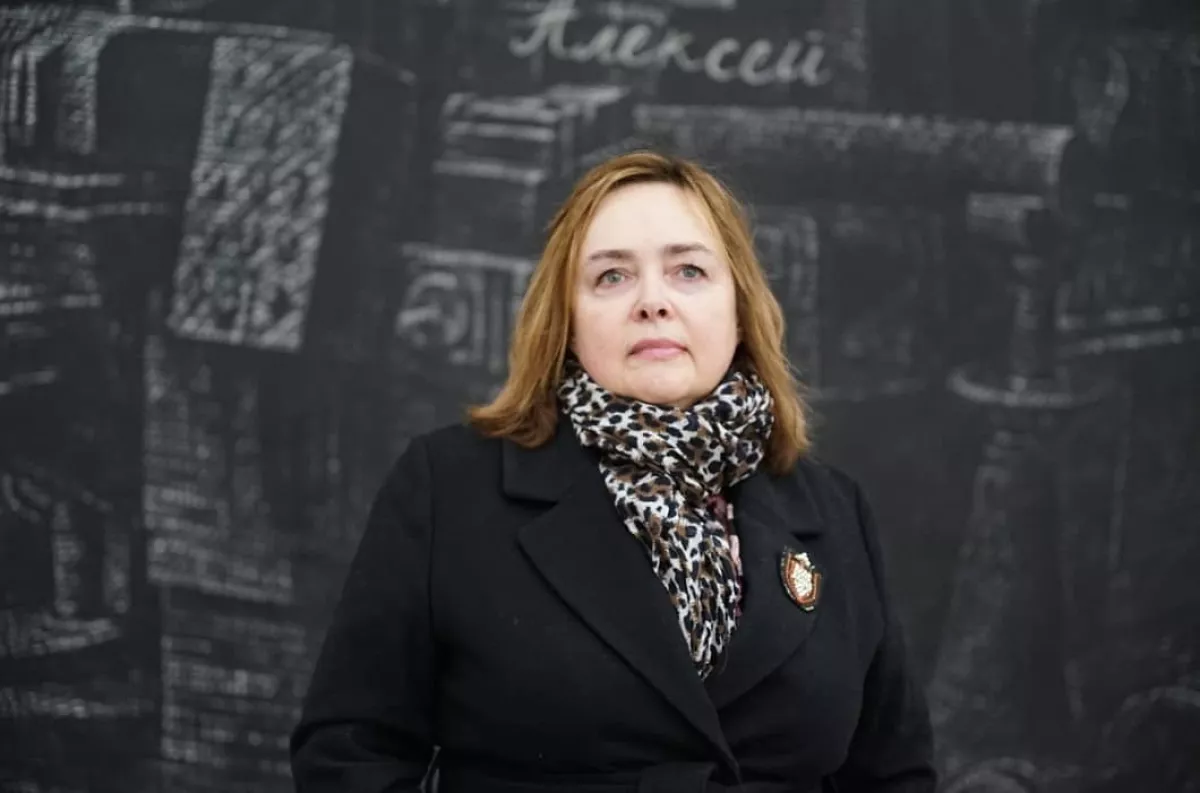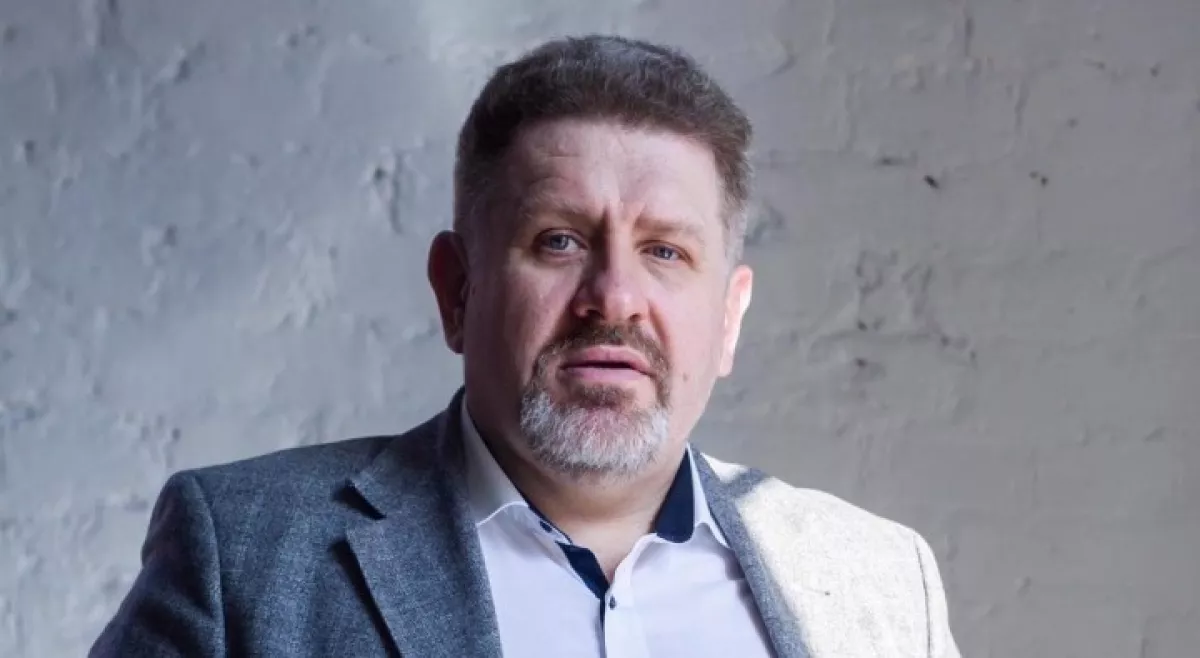“Azerbaijan’s consistent position simply infuriates the Kremlin” Expert opinions on Caliber.Az
In response to the use of Armenian names for Azerbaijani cities by the state agency TASS, the Azerbaijani Ministry of Foreign Affairs issued an official statement demanding corrections to the toponyms. Otherwise, Baku reserves the right to use historical names of Russian cities in Azerbaijani publications.
It was further clarified how Russian cities will be named if Moscow does not amend its policy: Kaliningrad — Königsberg, Orenburg — Orynbor, Volgograd — Sarysu, Grozny — Solzha-Gala, Novorossiysk — Sudzhuk-Kale, Yuzhno-Sakhalinsk — Toyohara, Yuzhno-Kurilsk — Furukamappu, Petrozavodsk — Petroskoy, Izhevsk — Izhkar, the Volga River — Itil, and so on.
Thus, Azerbaijan has faced a new wave of pressure from neighbouring Russia. Curiously, what exactly is Moscow trying to achieve with these actions? Hasn’t what Moscow has already done since December 2024 been enough, that now the TASS agency under its control is also involved? And not only TASS, by the way. In recent days, fake toponyms of the Karabakh region have also been used by several Russian politicians, officials, and pro-government Telegram channels.
Notably, TASS managed to revise the headline of the mentioned news twice: initially, the name “Stepanakert” was used, then “Nagorno-Karabakh.” Currently, the publication is titled: “A monument to Aivazovsky was demolished in Karabakh.” However, the photo caption still mentions “Nagorno-Karabakh,” so despite numerous corrections, questions toward the Russian side remain.
Renowned political analysts from post-Soviet states shared their opinions on this with Caliber.Az.

Russian political analyst and editor-in-chief of the After Empire portal, Olga Kurnosova, believes that this is undoubtedly another stage of escalation in relations between Russia and Azerbaijan.
“The Russian authorities reacted very painfully to how President Aliyev responded to a question from a Ukrainian journalist regarding the Russia-Ukraine war. After that, a new stage of escalation in relations began.
Of course, Azerbaijan’s consistent position simply infuriates the Kremlin. They did not expect this at all. That imperial model of attitude towards post-Soviet states is so deeply ingrained in their minds that they cannot even imagine how one could push back against what they say or do.
I think they don’t fully realise what they themselves are doing. And, actually, a sign of this is how quickly they retreated after the Azerbaijani Ministry of Foreign Affairs' response.
It is clear that they will resist as much as they can. But I believe the Azerbaijani authorities fully understand what they are doing. They have an idea of who will support them in this movement. And that’s why, in my opinion, Moscow currently has absolutely no trump cards at all,” Kurnosova says.

As noted by Konstantin Bondarenko, head of the “Ukrainian Politics” Foundation, analyst, and historian, every country uses the geographical names that are considered traditional and customary in everyday life, geographical science, and toponymy.
“Despite Türkiye’s demands, Russia and most Slavic peoples ignore the name ‘Türkiye.’ Similarly, we continue to write ‘India,’ even though the United Nations approved the new name ‘Bharat’ at India’s request.
Regarding toponymy, in 1988, Estonia managed to have its capital written in Russian as ‘Tallinn’ — with two ‘n’s. However, in 1996, the Russian language returned to the form ‘Tallin.’ The use of the name ‘Sukhumi’ in Russian also does not correspond with the norms of the Georgian language. Moreover, Russia ignores all renamings that have taken place in Ukraine over the last decade. There are many examples.
The question of acceptance or rejection of new norms and names in any given country is a political issue: it demonstrates the attitude towards that particular country.
I assume that if relations between Russia and Azerbaijan are restored to their previous level, the ‘geographical conflict’ will resolve itself,” Bondarenko concluded.








